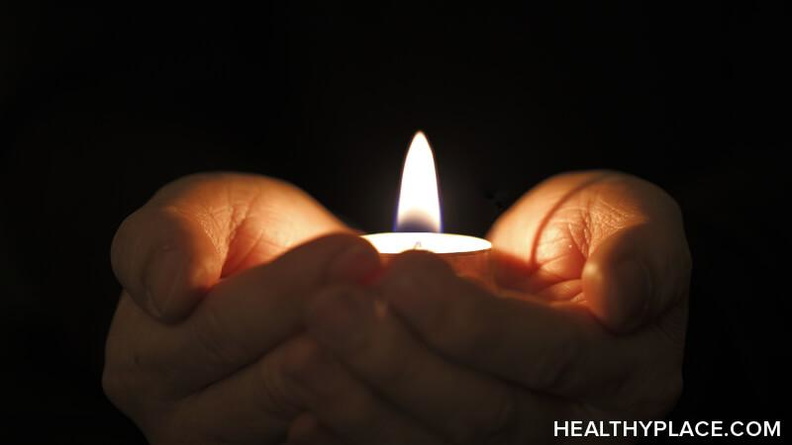Coping with Suicide

Discover the reasons why some people commit suicide. (Did you know that sometimes suicide is an accident?) And what happens to the loved ones left behind?
Suicide is the taking of one's own life. There are, of course, many reasons one might commit suicide including: due to a clinical depression, as a result of drug or alcohol abuse or misuse; experiencing a life disappointment or frustration, to "get back" at someone perceived as causing harm; or an inability to cope with disease, loneliness or pain. There are many other individual experiences that might lead one to attempt suicide, some of which are not easily understood by others.
In clinical practice, we try to separate the reasons for one's suicidal activity and the attempt itself - that is, does the person really want to die, or are they engaging in the behavior for other reasons. If the desire to die is not the reason, the behaviors are called "gestures," but sometimes even these "gestures" can accidentally result in death (actual suicide).
Sometimes suicide is an accident. The person is actually trying to "show others" how frustrated or upset they are, or being frustrated, they take medicines or engage in activities not meant to result in death, but that do so anyway (eg, scratching one's wrist but cutting too deeply, or taking medications to get someone's attention, but accidentally taking an overdose).
Suicidal Thinking Should Never Be Taken Lightly
Suicidal thinking or behaviors should always be taken seriously. One of the surest indicators of possible present or future suicide is a history of suicidal thinking or activity in the past.
Coping with suicidal activity or thinking, or suicide itself is always difficult. Even with suicidal "gestures," the thinking that results in those behaviors may be important to understand and treat.
Surviving the Suicide (Suicide Attempt) of a Loved One
For survivors of a loved one's suicide, understanding the causes and learning to cope with the activity can be very difficult. Death caused by any means can be difficult to survive, with feelings of loss, frustration, depression, and even anger being common emotions experienced by survivors. But suicide adds even more difficulty, with survivors wondering if they could have recognized the symptoms leading up to the event. Many survivors experience shame, in addition to the guilt of not stopping the action. Others experience anger, frustration in addition to the sense of loss.
It is also important to realize that when parents suicide, it is more likely that children will ultimately suicide as well. And suicide is a behavior that frequently lives forever in the history of a family. The fact that "uncle so-and-so killed himself years ago" is a fact that is often remembered or mentioned throughout one's life. I explain to my patients that suicide is not a legacy one wants to burden their family with.
You can find comprehensive information on suicide, along with suicide hotline phone numbers here.
APA Reference
(2022, January 11). Coping with Suicide, HealthyPlace. Retrieved
on 2025, May 17 from https://www.healthyplace.com/about-hptv/croft-blog/coping-with-suicide